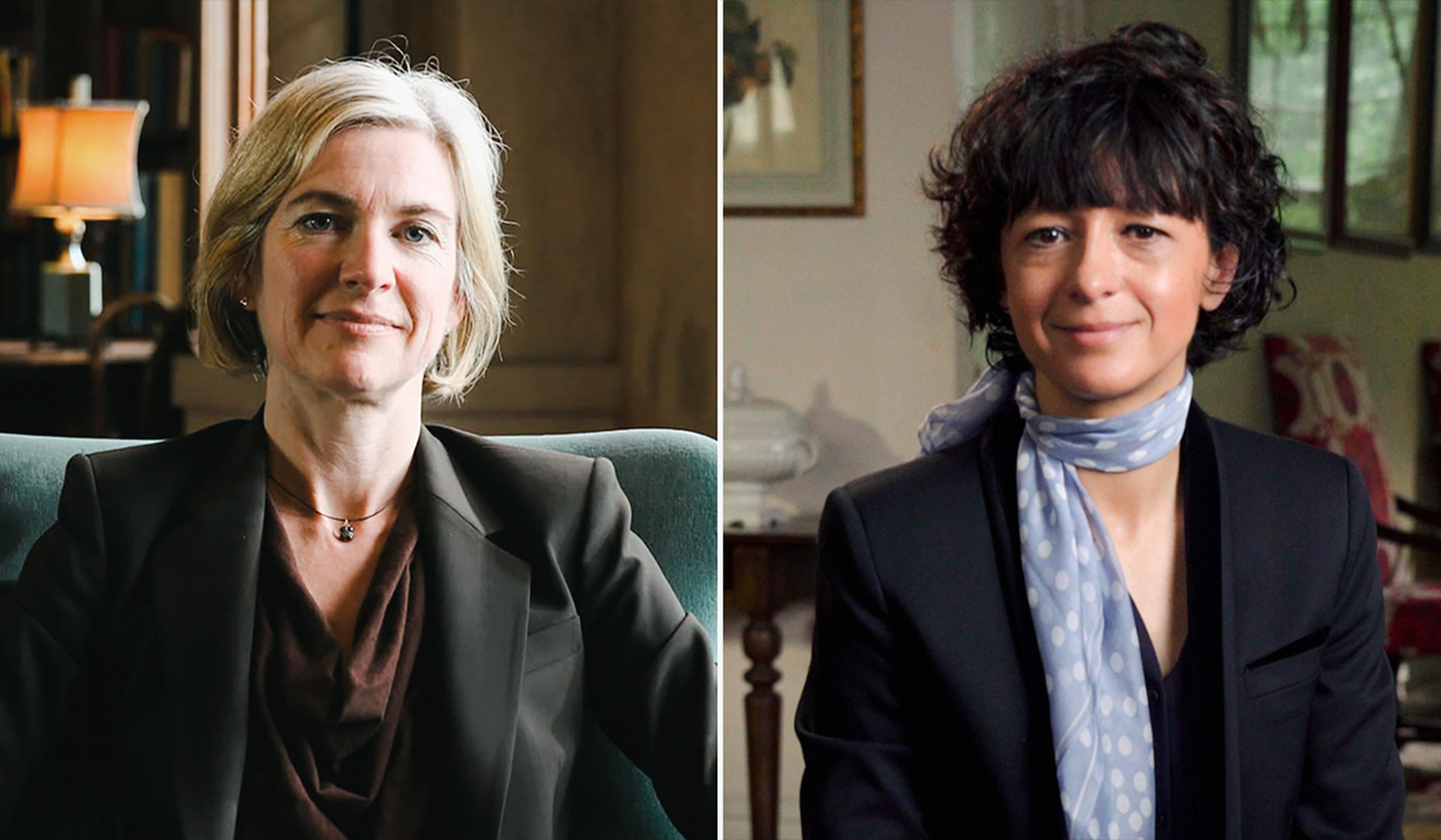During the 1970s, Elizabeth Blackburn discovered something fundamentally important about life, uncovering the function of telomeres, which cap strands of DNA and protect chromosomes. She would go on to earn a Nobel Prize for her work in 2009. In this sprightly animated video from Nature, Blackburn recounts how a love of all living creatures – and especially the frequently overlooked, microscopic ones – inspired her curiosity and her work.
Forget space – the unknown worlds in pond scum are rich with life’s secrets
Video by Dog & Rabbit

videoBiology
Groundbreaking visuals capture how our bodies repair damaged DNA
4 minutes

videoBiology
Dive deep into an egg cell to see how ageing reboots when a new life begins
2 minutes

videoIllness and disease
How our bodies can create billions of defences against disease with just 20,000 genes
3 minutes

videoBiotechnology
The two women behind a world-changing scientific discovery
14 minutes

videoHistory of science
‘I could not but wonder at it’: history’s first glimpses into the microbial world
7 minutes

videoHuman evolution
From Tarzan to Tanzania – how a dream of living with animals changed primatology
6 minutes

videoBioethics
From identity politics to medicine, the DNA revolution demands a new bioethics
6 minutes

videoGenetics
Chimeras and lightning: a radical perspective on the evolution of complex life
6 minutes

videoGenetics
If trauma can be passed down, could new therapies blunt the transgenerational impact?
9 minutes